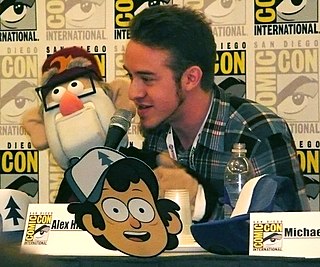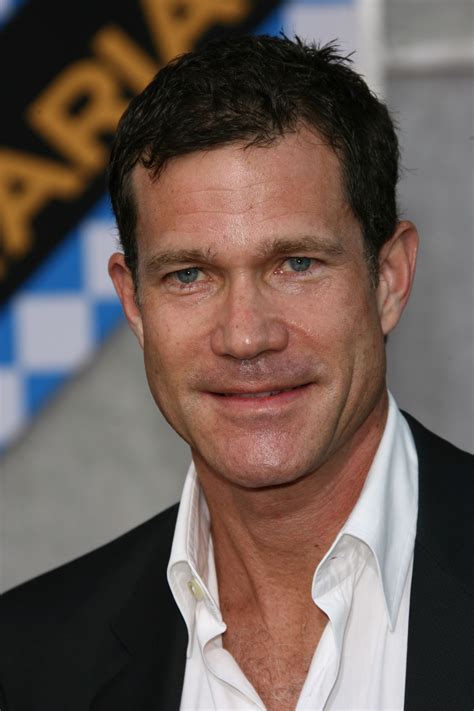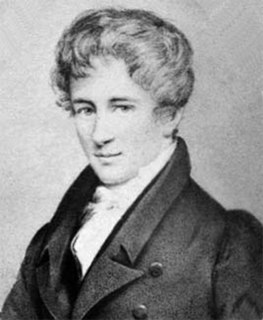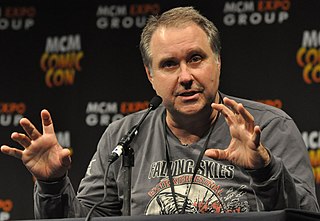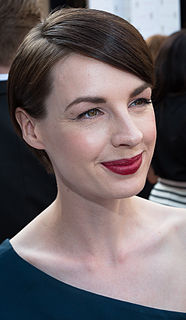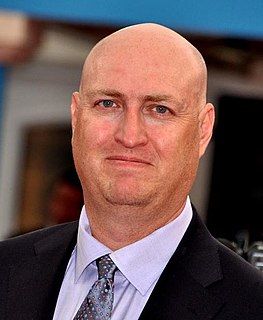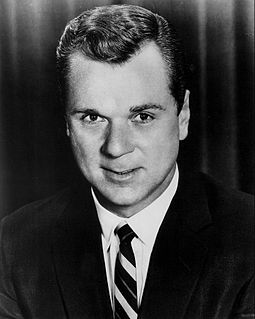A Quote by Alex Hirsch
I always designed 'Gravity Falls' to be a finite series about one epic summer-a series with a beginning, middle, and end.
Related Quotes
Today I said to the calculus students, "I know, you're looking at this series and you don't see what I'm warning you about. You look and it and you think, 'I trust this series. I would take candy from this series. I would get in a car with this series.' But I'm going to warn you, this series is out to get you. Always remember: The harmonic series diverges. Never forget it."
Until now the theory of infinite series in general has been very badly grounded. One applies all the operations to infinite series as if they were finite; but is that permissible? I think not. Where is it demonstrated that one obtains the differential of an infinite series by taking the differential of each term? Nothing is easier than to give instances where this is not so.
I feel confident that we will have a beginning, middle and end, in this season, and it was wise of NBC to then call it what it really is, which is a mini-series. "24" is a really good example, in that there was a definitive beginning, middle and end for the first season. They had a slightly different format than we have, but the second season just retained Jack Bauer and a few other players, with the same basic format and idea, but it was a completely different show.
It [going from mini-series to series] was never even discussed because it [The Starter Wife] was, you know, an adaptation of a novel. And we - the mini-series encompassed the whole novel. And so it was always going to be a finite sort of event. And then I imagine when people started to really respond to the show and then we got ten Emmy nominations, USA sort of said, "Oh, I think maybe we have something here."
The nice thing about a series is you can end on cliffhangers all the time. You can be like, 'You know what? Here we go, this person just died, end of book.' And with the end of the series, you're very conscious of all the plotlines that were left hanging. There's a balance there to wrap those up but still leave it exciting.
